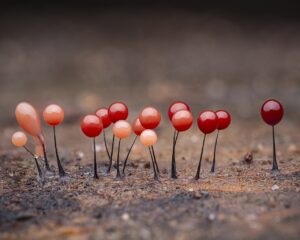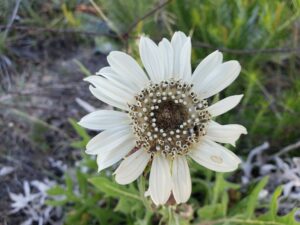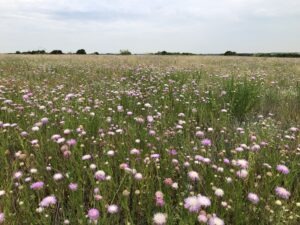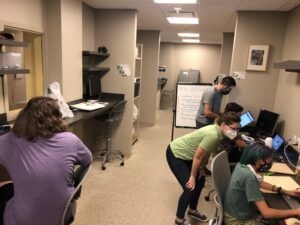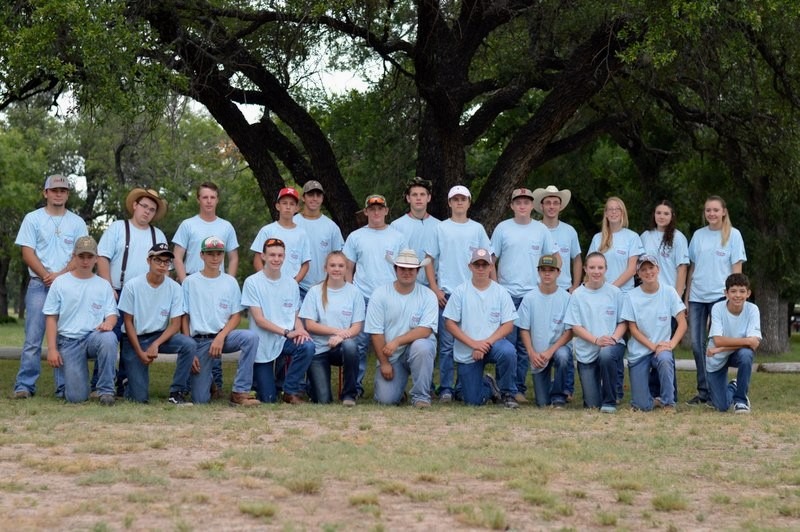
Just imagine trying to keep up with 25 energetic, enthusiastic, inquisitive high school students for a week in the middle of a hot, dry summer in the semi-arid country around Junction, Texas. Well, I accepted that challenge even though it had been 35 years since the last time I did it!
I served as workshop director and instructor for the 62nd Texas Youth Range Workshop this year. Not only did I survive the experience, I enjoyed it so much I’ve volunteered to do it again for many years to come!
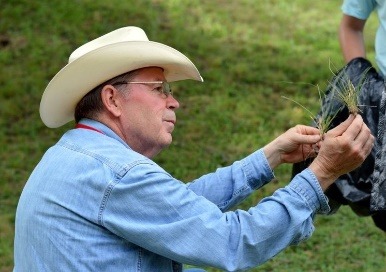
The Youth Range Workshop is held annually at the Texas Tech Center at Junction and is an activity of the Texas Section of the Society for Range Management. As you might expect, it’s evolved through the years as research and technology have advanced and natural resource issues have emerged.
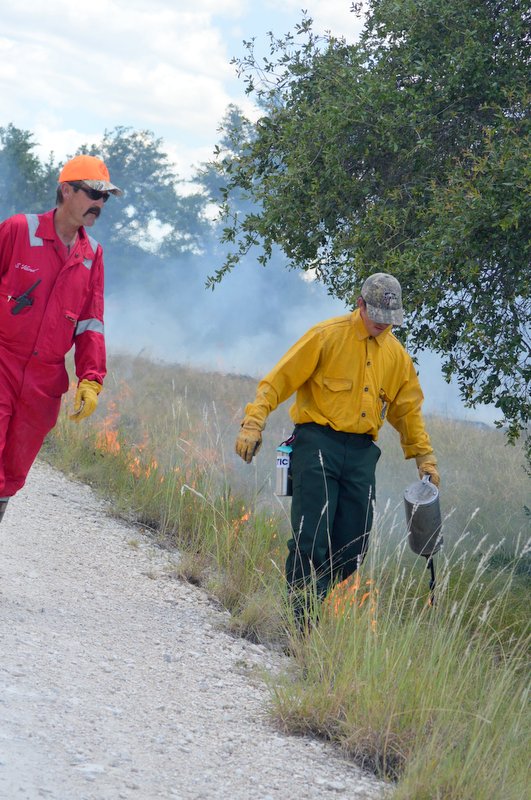
As usual, the students in the 2016 workshop group came from across the state – from the Panhandle to the Rio Grande and from the Trans-Pecos to the Gulf Coast. Sponsored by various organizations in their home counties, students arrived on a Sunday as total strangers with limited knowledge about natural resource management and left the following Friday as lifelong friends with the potential to be the leaders of the next generation of Texas land stewards.
The majority of this intensive week of training was conducted in the field and included instruction on native vegetation, soil, water, wildlife habitat, livestock grazing management, prescribed burning, and stewardship of natural resources. Public speaking, personal development, and team building were also an integral part of the program. Hands-on activities included data collection and monitoring techniques, plant identification and plant collection, on-site participation in an actual demonstration prescribed burn on a ranch with an opportunity to become an active member of the fire crew for the day, carrying out demonstrations of water infiltration and runoff, measuring transpiration rates from various types and species of plants, and many other activities.
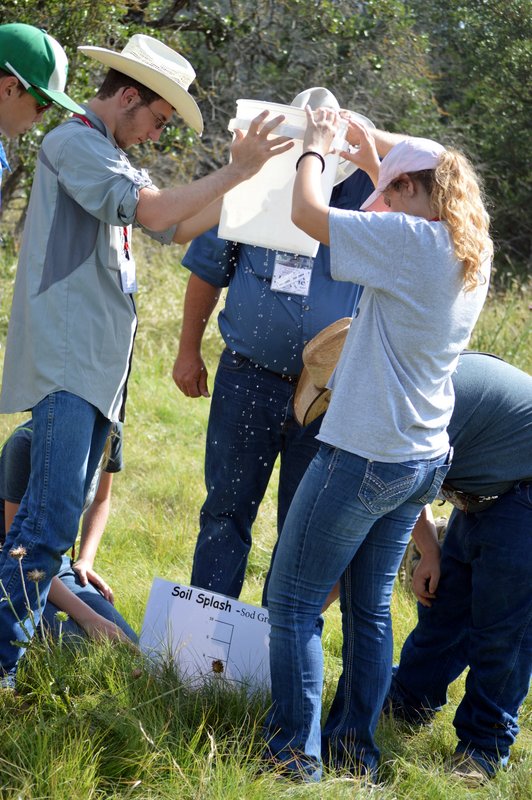
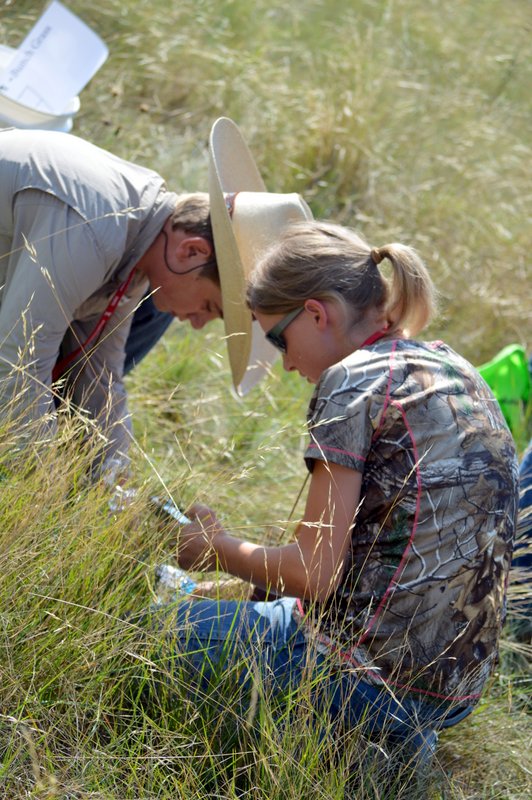
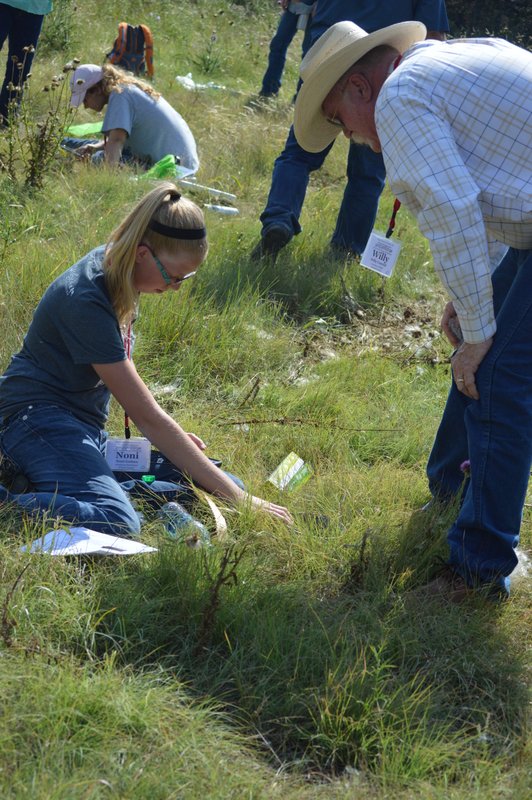
The group visited four ranches where they were able to meet and talk with the landowners and learn about their management objectives and conservation strategies. The group also went to the Kerr Wildlife Management Area where they discussed wildlife habitat management, endangered species, and the interactions of fire, wildlife, and livestock with Texas Parks and Wildlife Department biologists.
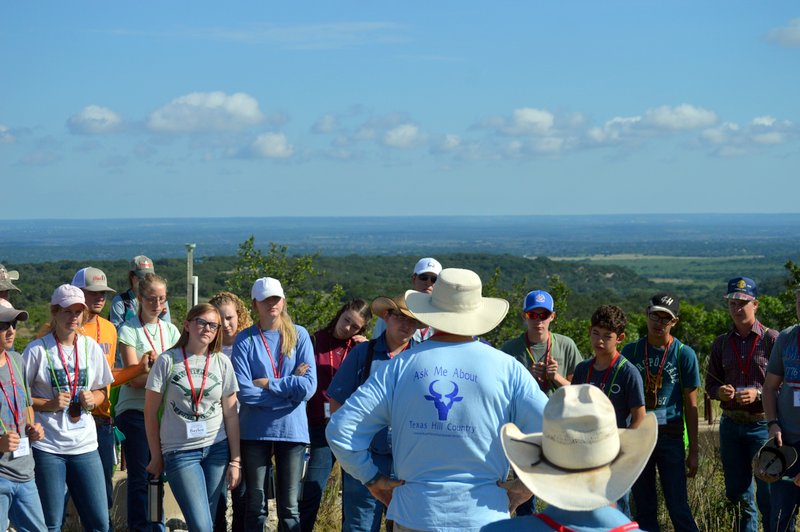
Each student had to make a plant collection of 25 plants from the official lists of plants used for the state 4-H and F.F.A. high school plant contests. They were each given their own plant press. They had to learn to identify the plants, collect the plants during the week while on field trips, press the plants, accurately describe the characteristics of each plant, prepare a label for each specimen, and organize their collection by categories for grading. After grading, the collections and presses were returned to the students for them to take home. They were all encouraged to keep collecting and building their own collections.
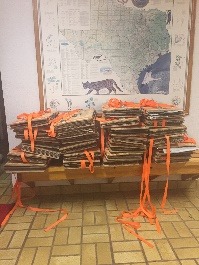
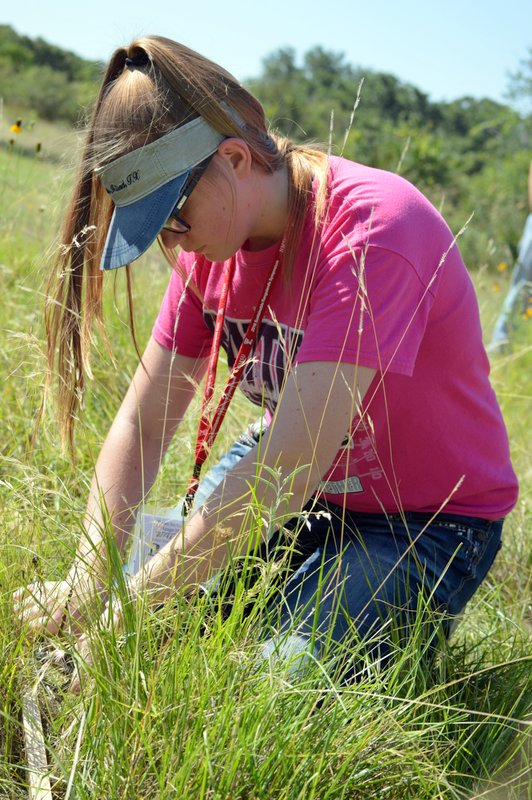
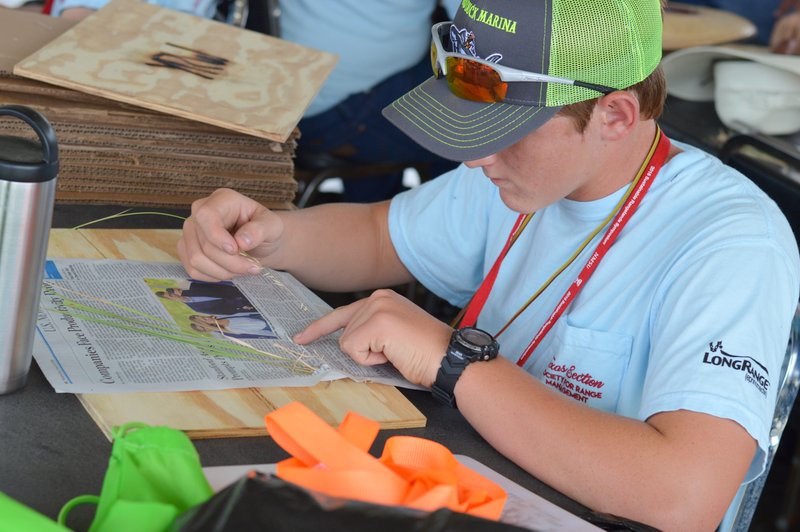
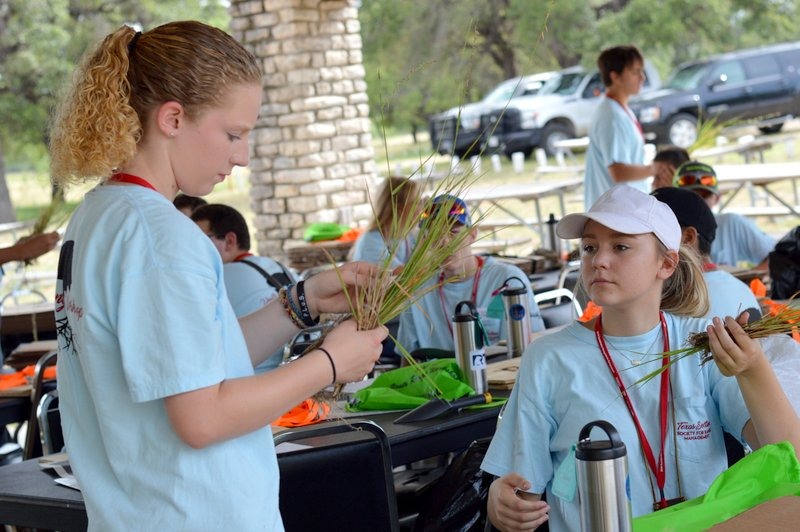
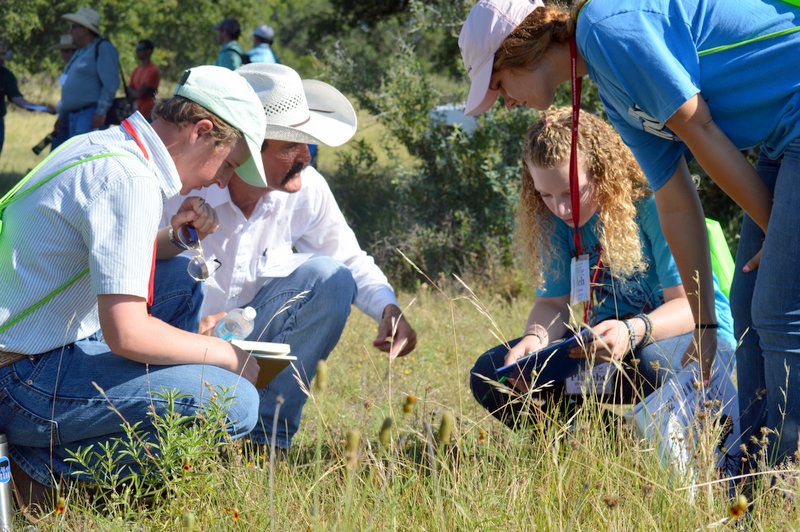
The final exercise of the week was when the students had to work in teams to develop plans to resolve conflicts between agricultural, environmental, commercial, recreational, and governmental interest groups concerning some fictional land in the Texas Hill Country. The teams each had to present their arguments and defend their positions to a mock regulatory board made up of workshop directors representing each of the different interest groups.
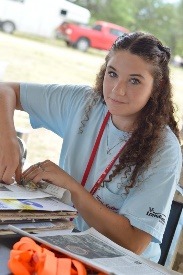
Hopefully BRIT will become more actively involved with the educational and plant collection aspects of the workshop in the future. It’s a rewarding and exhausting experience for the students as well as the instructors!
**Applications are now being accepted for the 2017 workshop. Click here to apply!

